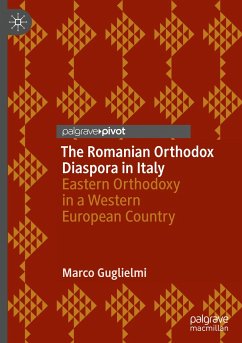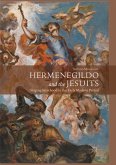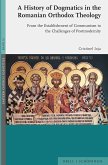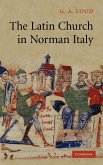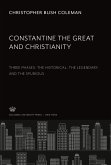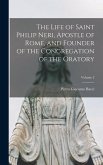This book provides a sociological understanding of transformations within Eastern Orthodoxy and the settlement of Orthodox diasporas in Western Europe. Building a fresh framework on religion and migration through the lenses of religious glocalization, it explores the Romanian Orthodox diaspora in Italy as a case study in the experience of Eastern Orthodoxy in a Western European country.
The research brings to light the Romanian Orthodox diaspora's reshaping of the more customary social traditionalism largely spread within Eastern Orthodoxy. In its position as an immigrant group and religious minority, the Romanian Orthodox diaspora develops socio-cultural and religious encounters with the receiving environment and engages with certain contemporary challenges.
This book refutes the vague image of Orthodox Christianity as a monolithic religious system composed of passive religious institutions, rather showing current Orthodox diasporas as flexible agents markedbydynamic features.
The research brings to light the Romanian Orthodox diaspora's reshaping of the more customary social traditionalism largely spread within Eastern Orthodoxy. In its position as an immigrant group and religious minority, the Romanian Orthodox diaspora develops socio-cultural and religious encounters with the receiving environment and engages with certain contemporary challenges.
This book refutes the vague image of Orthodox Christianity as a monolithic religious system composed of passive religious institutions, rather showing current Orthodox diasporas as flexible agents markedbydynamic features.

